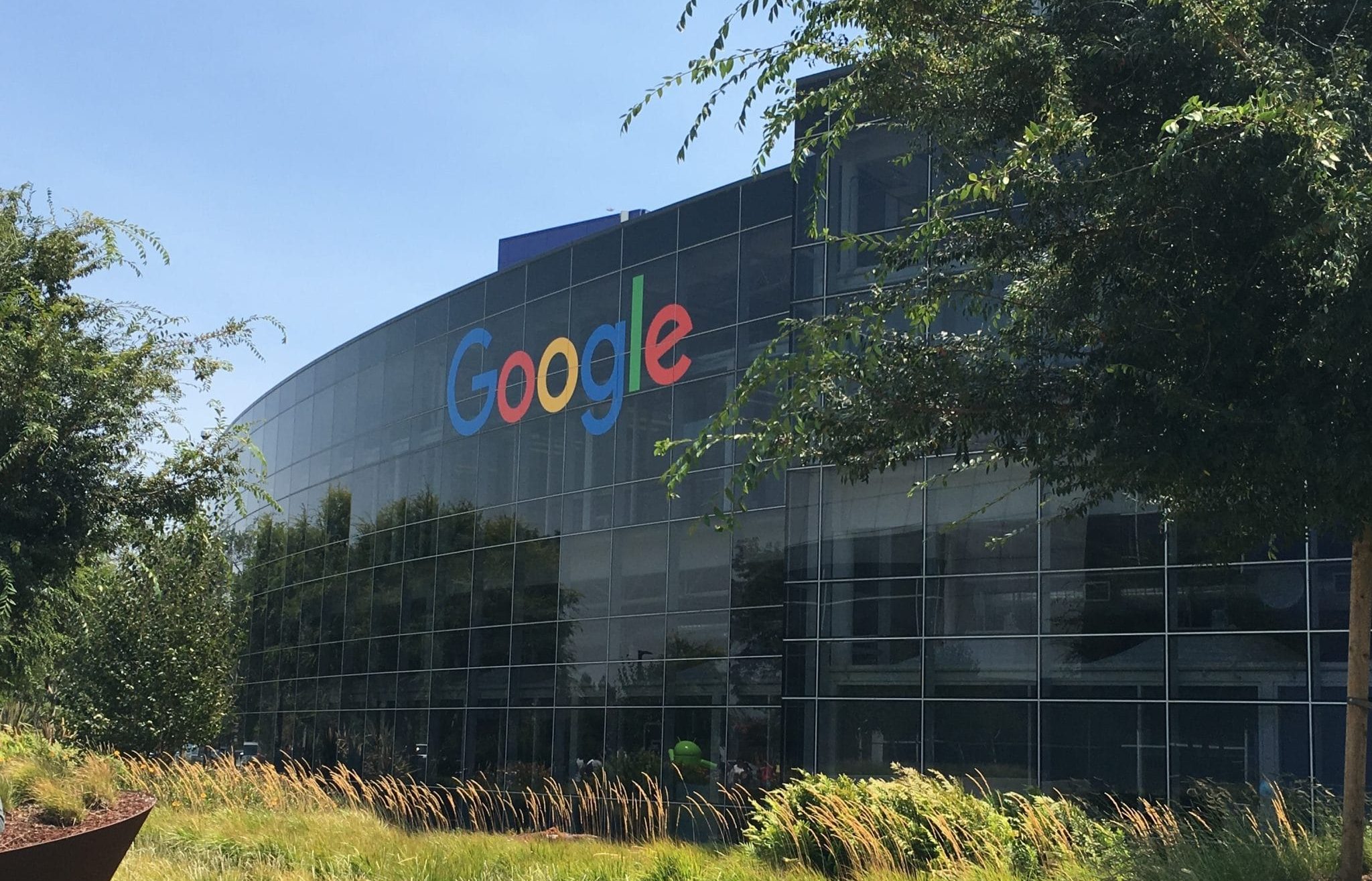
Looking back, it’s clear that Facebook, now Meta Platforms (Meta Platforms Stock Quote, Charts, News, Analysts, Financials NASDAQ:FB), was and still is central to the technological and societal evolution ushered in by social media. For better or worse, we are now connected to each other and to the corporations supplying the tech in ways unimaginable a couple of generations ago.
Now, with its rebranding as Meta Platforms, the company endeavours to take us for another ride, this one leading to the further absorption of self, society and culture into the virtual world. But from an investor’s perspective, the question stands: is Meta the best bet?
“You need to look at [Meta Platforms] in a different way than just as a social media company,” said Caldwell, CEO of Caldwell Investment Management, speaking on BNN Bloomberg on Tuesday. “This idea of the meta transformation, I’m getting a lot of questions about.”
“It has the potential — still unrealized at this point — but the potential of becoming more and more the way that people actually interact with each other. So, by putting a stake in the ground Facebook is saying that it’s not just about finding someone to connect with at Harvard anymore. It’s not just a social network; it’s becoming more and more reality,” he said.
The proclamation came from Facebook founder Mark Zuckerberg in a late October letter announcing the company’s name change, where Zuckerberg spoke in reverential tones about the immersive, ‘embodied internet’ waiting for us around the corner.
“We are at the beginning of the next chapter for the internet, and it’s the next chapter for our company too,” said Zuckerberg. “The defining quality of the metaverse will be a feeling of presence — like you are right there with another person or in another place. Feeling truly present with another person is the ultimate dream of social technology. That is why we are focused on building this.”
New age fluff aside, as an advertising vehicle, Meta’s all-in bet on virtual reality — it recently opened up the multiplayer VR platform Horizon Worlds to all comers — is expected by many to usher in a new set of ways for companies to reach their target audiences, something Facebook has essentially wrote the book on. But as VR technology has so far shuffled along without more than a niche interest from society at large, it remains to be seen whether Meta’s attempts will attract the masses in any way similar to the now-obvious appeal of its social media platforms such as Facebook and Instagram. So, while it’s true that without the hordes of screen-watchers, Meta’s ad dollars will dry up and the project will be relegated to the dustbin of history, we won’t know for a while yet which scenario will come to pass.
For Caldwell, owning Meta Platforms right now essentially means you’re buying into Zuckerberg’s dream.
“Now, you can say fairly well, who would want to spend that much time in front of the screen? But then as [Vancouver-based equity analyst] Barbara Gray so wisely asked me, ‘Ask yourself, Brendan, how much time you’re spending in front of a screen already. These are just way better screens,’” Caldwell said.
“So, you would own Facebook at this point to believe that this transformation into the virtual reality, meta-type interaction which we’re only just beginning to understand would be a reality. And you’d be looking at this as a generational transformation in much the way that Facebook had a big hand in transforming the last generation,” he said.
“The question is can they do it again? Can they be a big part of this transformation, however it materializes?” he said. “We don’t own any [Meta Platforms] at present in our portfolios, but it’s certainly a transformation that we are looking at.”
Operationally, Meta Platforms has been a huge success in recent years, with the company expanding its global reach and social media offerings, both of which have pumped up their ad dollars. For a glimpse, Facebook’s now-final quarter under that brand name came in late October where the company posted revenue up 35 per cent year-over-year to $29.01 billion and diluted EPS up 19 per cent to $3.22 per share. On average analysts had been calling for revenue a touch higher at $29.57 billion and earnings a hair lower at $3.19 per share.
Facebook’s overall monthly active users hit 2.91 billion, up six per cent from a year earlier. The company said it expects fourth quarter revenue to come in between $31.5 and $34 billion, citing uncertainties surrounding the pandemic.
“We made good progress this quarter and our community continues to grow,” said Zuckerberg in a press release. “I’m excited about our roadmap, especially around creators, commerce, and helping to build the metaverse.”
Leave a Reply
You must be logged in to post a comment.






 Share
Share Tweet
Tweet Share
Share




Comment